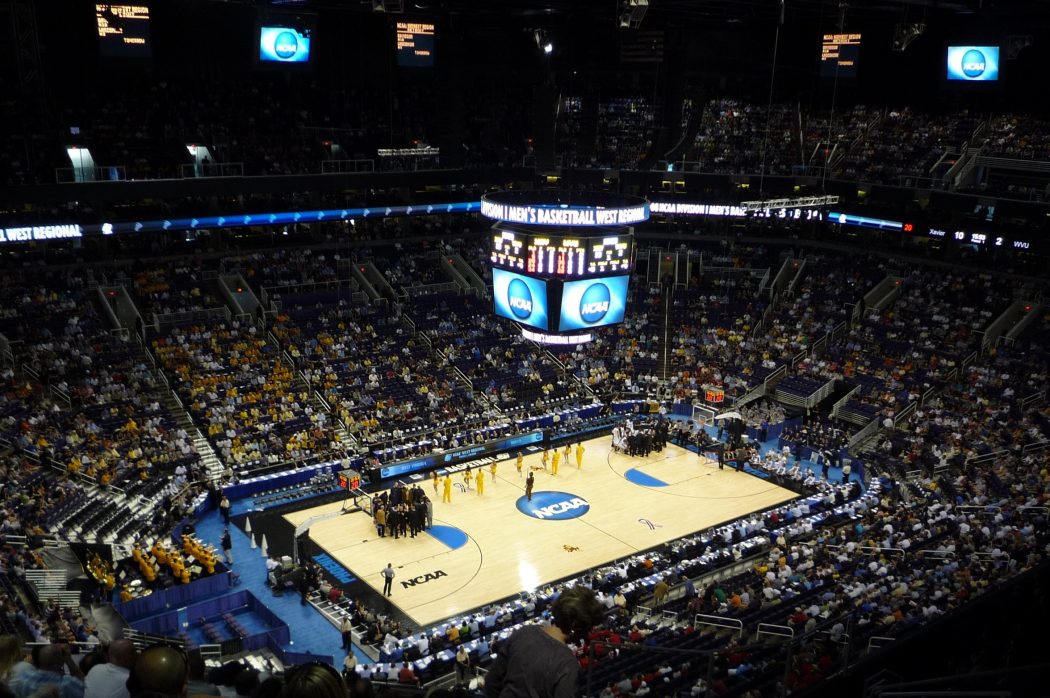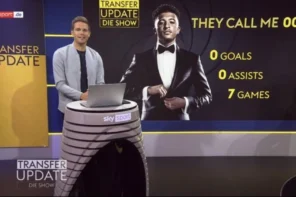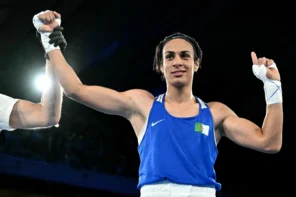It’s everyone’s favourite time of year: March Madness. With Final Four matchups decided, almost nobody foresaw 11th place Loyola Chicago making it so far in the tournament. In fact, only 0.48% of the 17 million brackets completed on ESPN’s tournament challenge had Loyola in the Final Four. Upsets like this make March Madness a fan favourite every spring, but this year the tournament is overshadowing what would otherwise be a huge story. Back in September, the United States FBI announced the arrest of ten individuals, consisting of coaches and executives of athletic wear companies, on various corruption and fraud charges.
The arrests began with a few college basketball coaches accepting bribes in exchange for steering their players to certain sports management companies upon graduation. After extensive investigation, it was discovered that many college basketball programs were using sports management companies as agents for providing their players with monetary incentives. It is against the National Collegiate Athletic Association (NCAA) rules for amateur players to be compensated outside of scholarships and related expenses, which evidently made these under-the-table transactions extremely problematic. Among the athletes listed to have accepted either compensation or loans from sports management companies are Markelle Fultz, Kyle Kuzma, and Malcolm Brogdon.
This news caused fans to re-engage with an ongoing controversial topic – should college athletes be allowed to make money? Whatever your status may be on this topic, it is important to note that college sports are not the only way for amateur basketball players to pursue a professional career. Rather than reiterating arguments that have been heard from each side over the years, I will address the issue by presenting a player’s other options. While the NCAA is the most popular road to the NBA, here are some alternative avenues to professional basketball for amateurs who wish to earn money from their talents.
Europe
Unlike the NBA, most European basketball leagues do not require that players graduate high school a year before they become eligible to play. For that reason, it has become increasingly popular for young athletes to spend their one-and-done season in Europe. Additionally, it provides young players with the opportunity to play in a league with older and more experienced competition than in college. Historically, the biggest issue with playing in Europe has been the difficulty of being noticed by NBA scouts. However, this has changed over time with all-stars like Marc Gasol and Kristaps Porzingis asserting themselves as some of the NBA’s top talents. Scouts now actively look for talent in the various European basketball leagues, and of course, players are paid for their work. Although salaries don’t even come close to those of NBA players, European league players still make more than double the average annual income in the United States.
G-League
For those wishing to stay a little closer to home, the NBA G-League presents a great opportunity for players to experience the closest thing to an NBA season, while also gathering the attention of scouts. The NBA has emphasized their focus in recent years to build the G-League’s reputation as a developmental league and their desire for each NBA team to have a G-League affiliate. To work towards this goal, the NBA introduced two-way contracts, where an NBA team is able to send a player to the G-League without risking them being picked up by another NBA team and without the player occupying a roster spot. The biggest problem with young players seeking compensation from the G-League is that the salaries are relatively low, with the average player (not on a two-way contract) collecting just barely more than the average annual income in the United States.
Junior Basketball Association
The Junior Basketball Association (JBA) is a basketball league designed for top high school players who wish to forego the pit stop at a college before becoming draft-eligible. The JBA was created by LaVar Ball, father of Los Angeles Lakers guard Lonzo Ball, and is still a work in progress. Once the league is up and running, Ball intends on paying players between $3,000 and $10,000 per month to fill eight teams with 10-man rosters, based in major cities like New York and Los Angeles. Upon its launch, this league will most likely resemble college basketball, with the main recruits coming from the same pool of players. The biggest reason why a player would hesitate to opt in for the JBA over the NCAA is due to the uncertainty of the scouting potential within the JBA. Because the league is yet to launch, there is no guarantee that a talented player would receive the attention they need in order to boost their NBA draft-stock. Despite this unpredictability, the JBA gathered an overwhelming amount of interest upon launching its tryout form. Tryouts will be held throughout April, with more information to come in the summer.
Ultimately, the NCAA controversies have caused an everlasting debate surrounding student athletes to resurface. With all of the success seen and anticipated in basketball leagues outside of the NCAA and NBA, these leagues present compelling arguments for young players to weigh their options ahead of making a decision. Even better is that each league has something unique to offer, giving young basketball players more control over their careers than ever.








